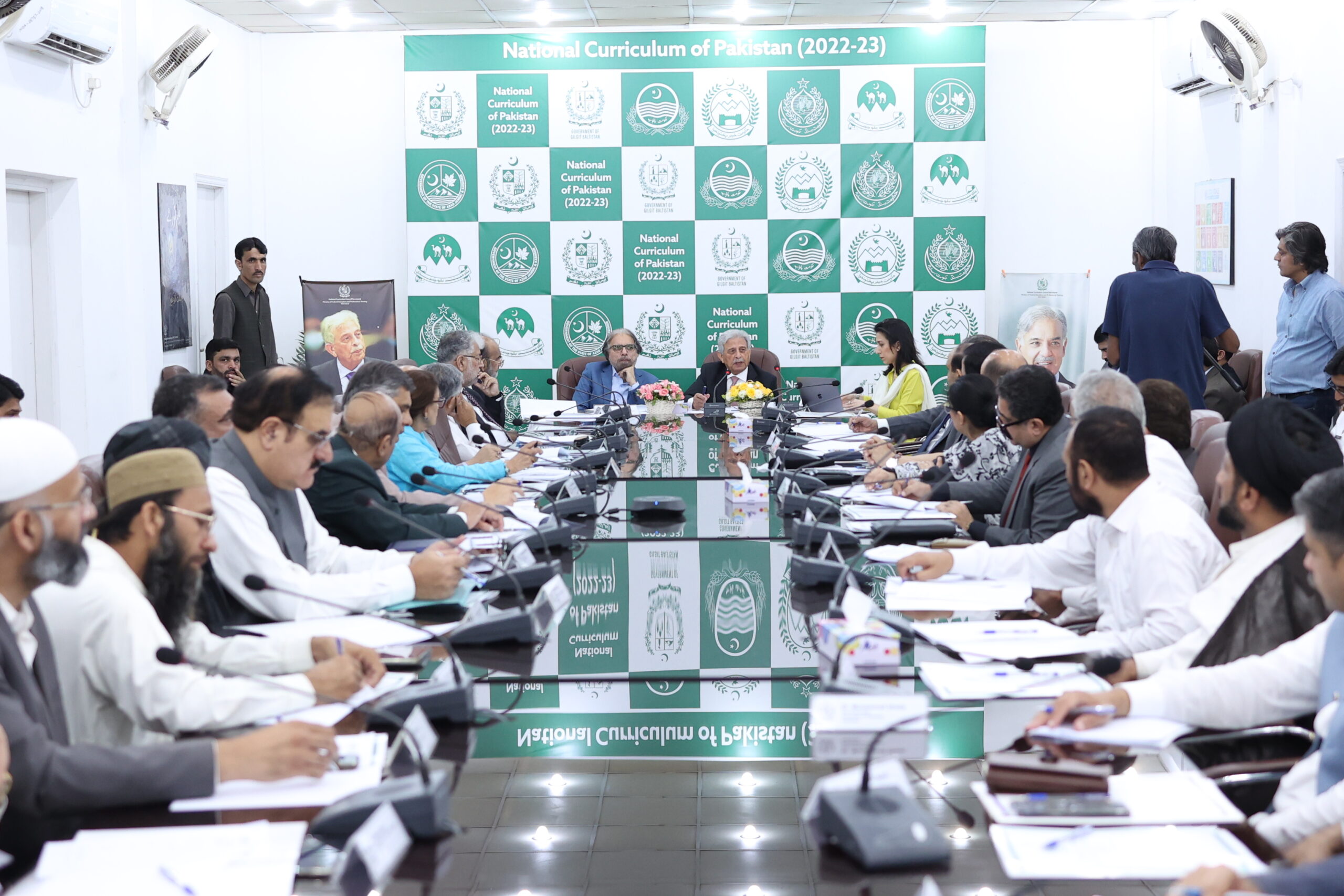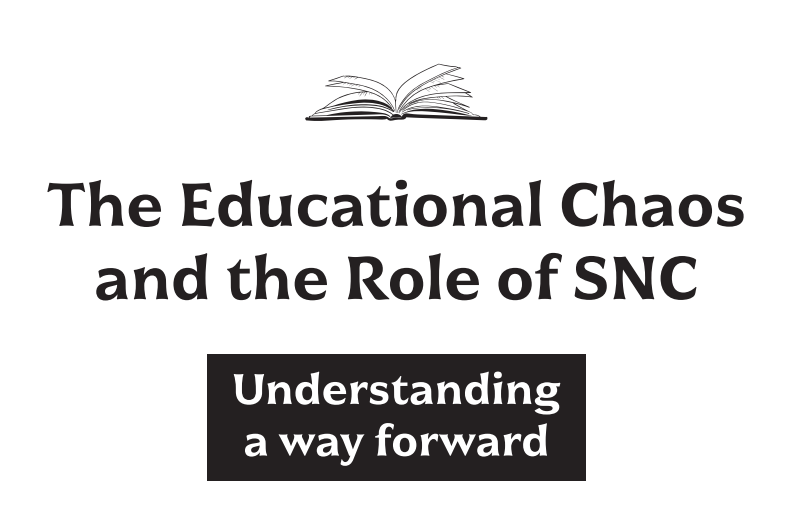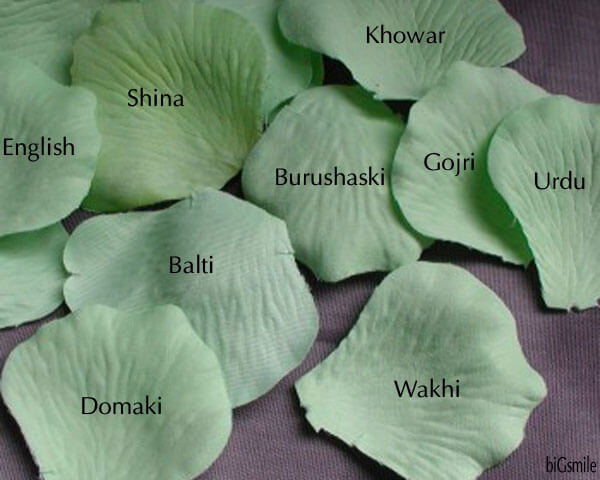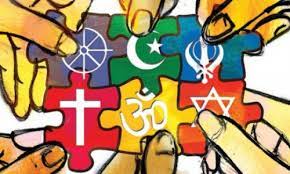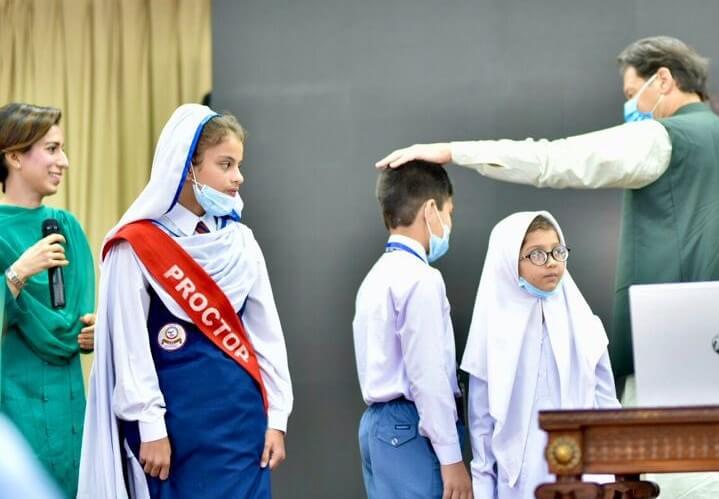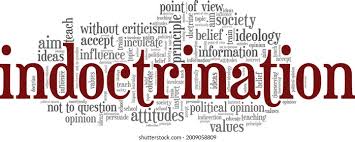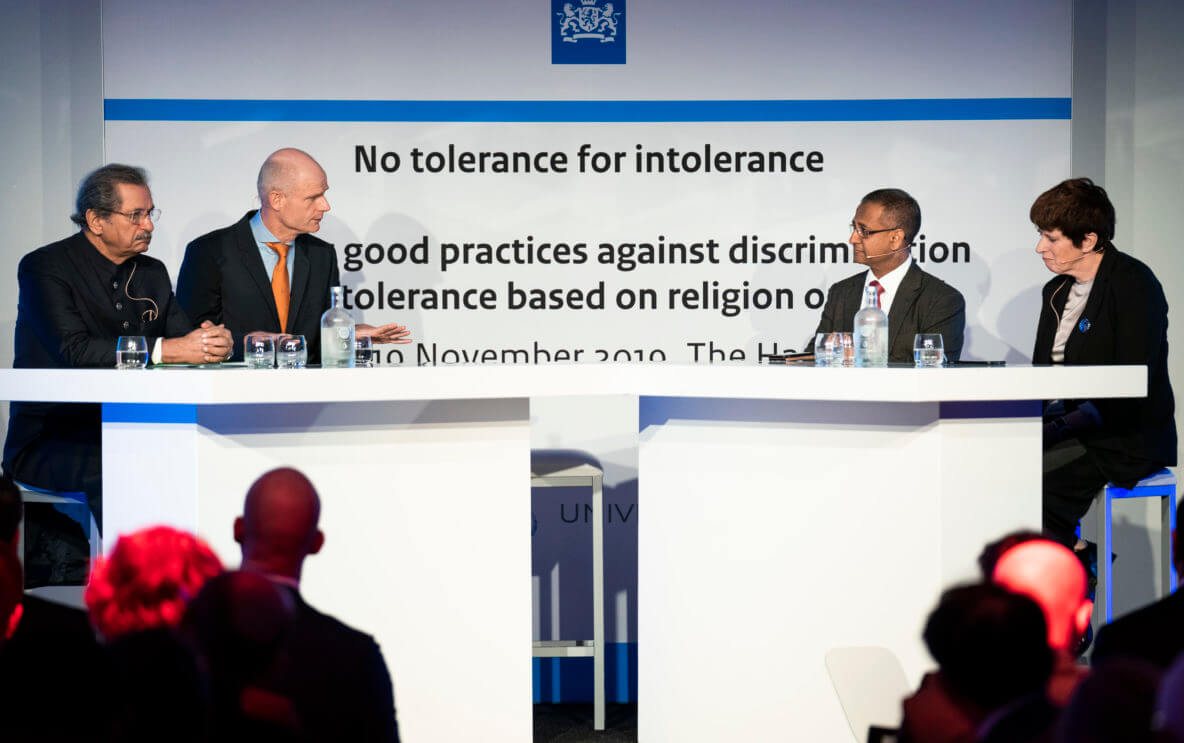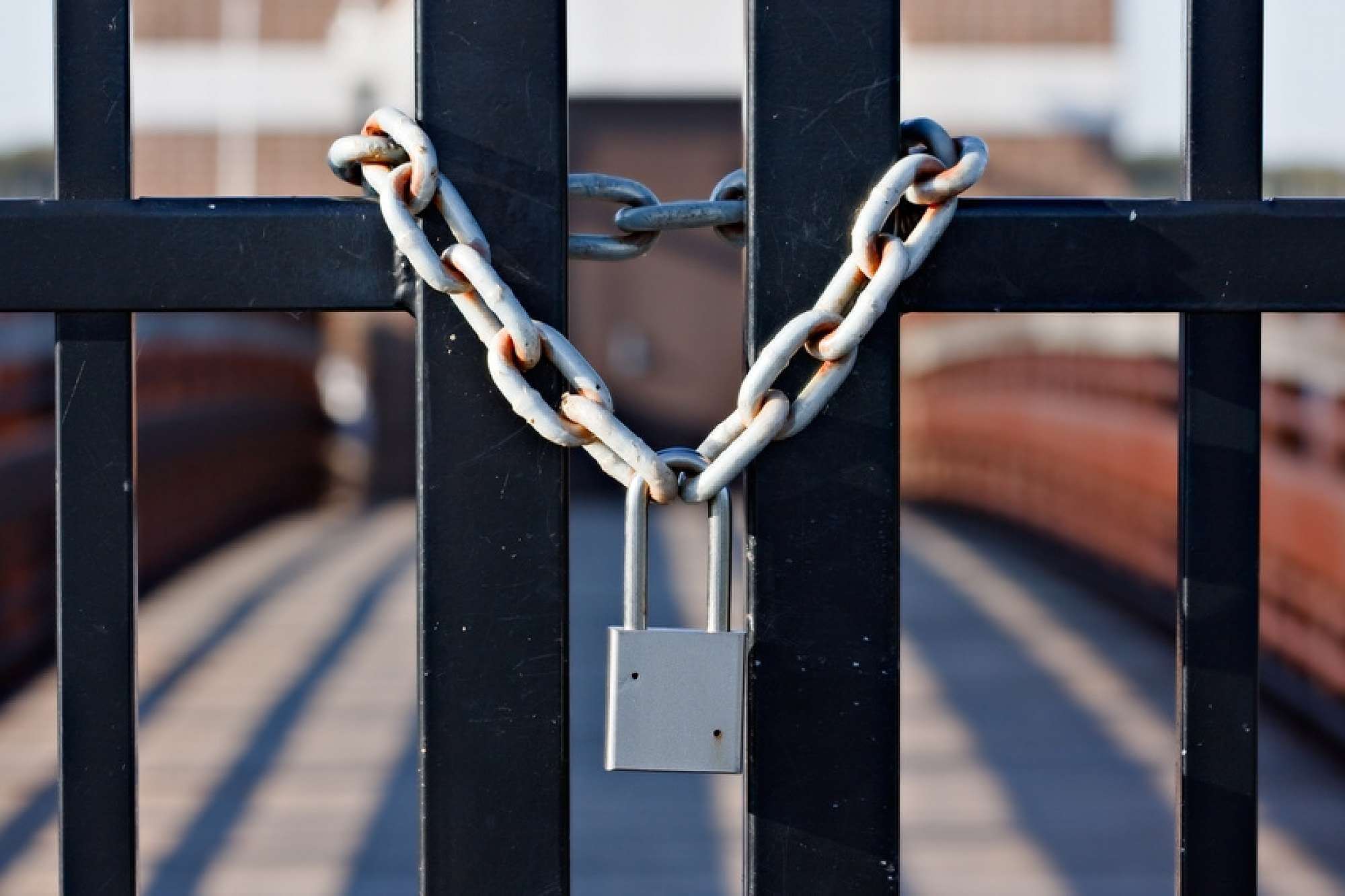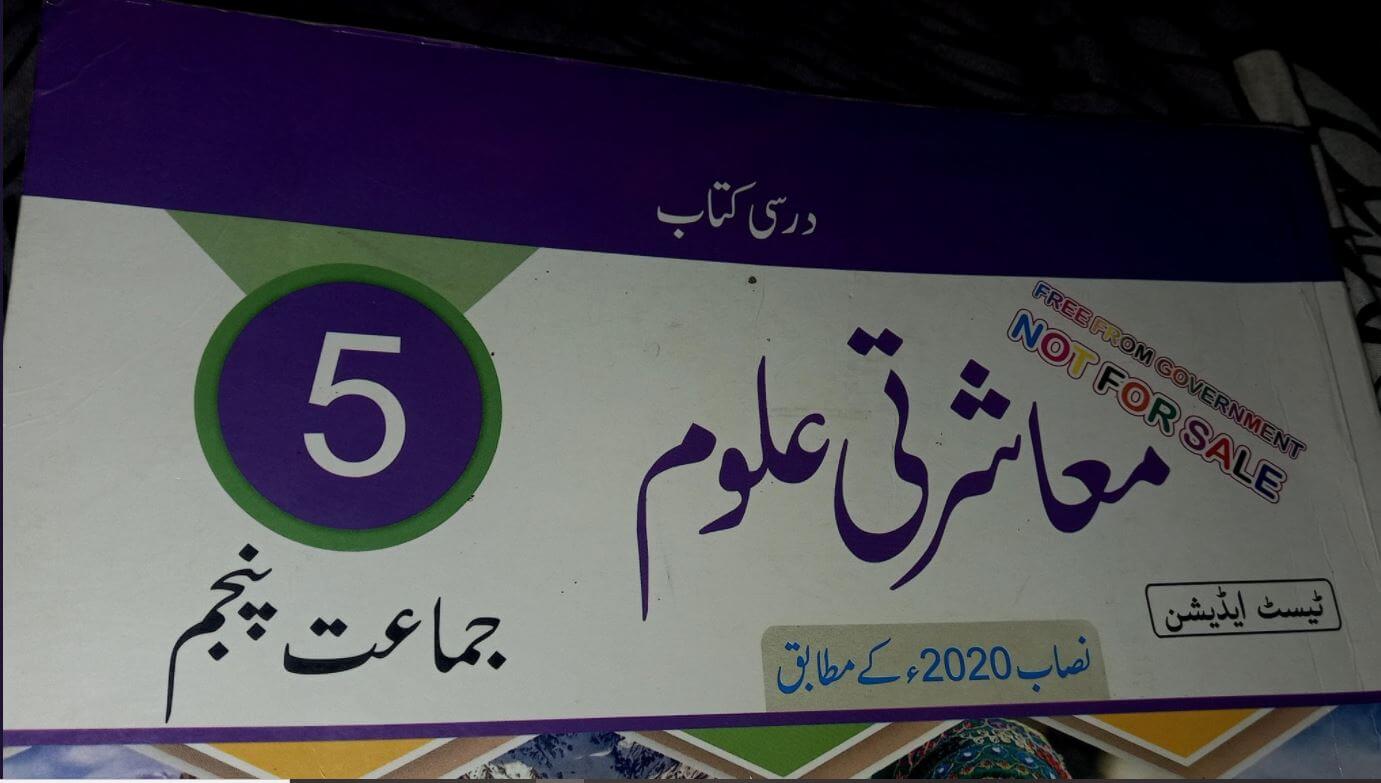On 14th April, National Curriculum Council Secretariat hosted its Curriculum meeting under the chair of Federal Minister for Education and Professional Training, Rana Tanveer. Also, in attendance of the meeting was the Minister for Information, Maryam Aurangzeb along with other …
A disaster has hit us hard, and more is expected in the coming years with far more intensity than what we witnessed today. It is now time to sober up and get off with our national obsession with defining religious morals through education. We needed a science-orientated education instead, that could have given us the capacity to deal with calamities that we are today facing. Perhaps it is still not too late to wake up; perhaps a sincere resolve to reform our education in light of current realities can save Pakistan from major disasters in future.
Policy recommendations based on a series of in-depth interviews on SNC with education experts (including Madrassah and religious education experts) carried out by Elaine Alam and myself in 2020-21. The concerns expressed reflect the impact SNC would have on our …
There are, so far, two recognised dialects of Domaaki known as the Nagar-Domaaki and Hunza Domaaki with very little differences between the two. Because of this distinctiveness, Domaaki has become very vulnerable to losing its roots, as many words from Brushaski and Shina have been adopted in the language over the past few centuries. Unlike other cultures and spoken languages that their speakers take pride in and initiate steps to uphold their linguistic richness, the Doms seem to have disowned the language of their ancestors. It is feared that over the coming decades, their history, along with the language, will perish and will be deemed unrecognisable. If not saved now, a treasure of knowledge, folklore, tradition and history will be lost forever.
There us a serious need for the SNC architects to reconsider some names it has added to the list of heroes or role-models for our children. With recent growing intolerance and incidents of violence, inclusion of persons whose roles have been controversial is the last thing we need our children to be exposed to. A little mindfulness and sensitivity would have been appreciated in undoing the damage already done to our nation’s children and youth.
There should be no doubt that the liberals have for long been pinpointing hate-speech in varying degrees used against religious and ethnic minorities in textbooks. Previous and current governments in Punjab, Khyber Pakhtunkhwa and Sindh managed to address and acknowledge unintentional consequences of the certain knowledge concepts and were receptive to the ideas of progressive reforms, albeit strong resistance coming from the right-wing political and religious parties. Such reflection is also expected from the SNC project, however, there remains much to be desired for, especially when Dr. Mariam Chughtai herself is a key figure herself in developing compulsory History Curriculum for middle level students.
The current government, led by cricketer-turned- politician Khan, uses Islamic symbols and slogans to appeal to the utopian ideals of ordinary people in its bid for control of a polarized society. This played a role in the design of the SNC, which aims to appease influential religious figures and the security lobby. Thus, it includes an emphasis on Islamic teachings and the need for a homogenous nation and Urdu as a subject, ideology, and medium in all textbooks.
Indoctrination has to leave our textbooks for once and the best the state can do is to ensure that learning at formal schools is made more objective, enquiry-based, and free from all sorts of prejudices. Ideological education systems cannot be merged with formal education system, and making madrassahs system interdependent with our formal schooling system under Single National Curriculum will prove to be a disaster for Pakistan.
Religion is being excessively used as a cover to hide many holes in our system, and it is major public distraction aimed at keeping the conversations at bay from making the Right to Education a possibility. Pakistan needs to appropriate more budget and resources towards it if it is serious enough in securing its future. There is no other way.
There is a need for them to realize that a child should not be inculcated with a sense of superiority over non-Muslim peers. In fact, it would have been better if non-Muslim children were also able to read about their religious roots and practices with dignity and appreciation, instead of feeling powerless and humiliated while taking their compulsory lessons at school.

